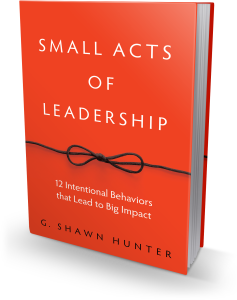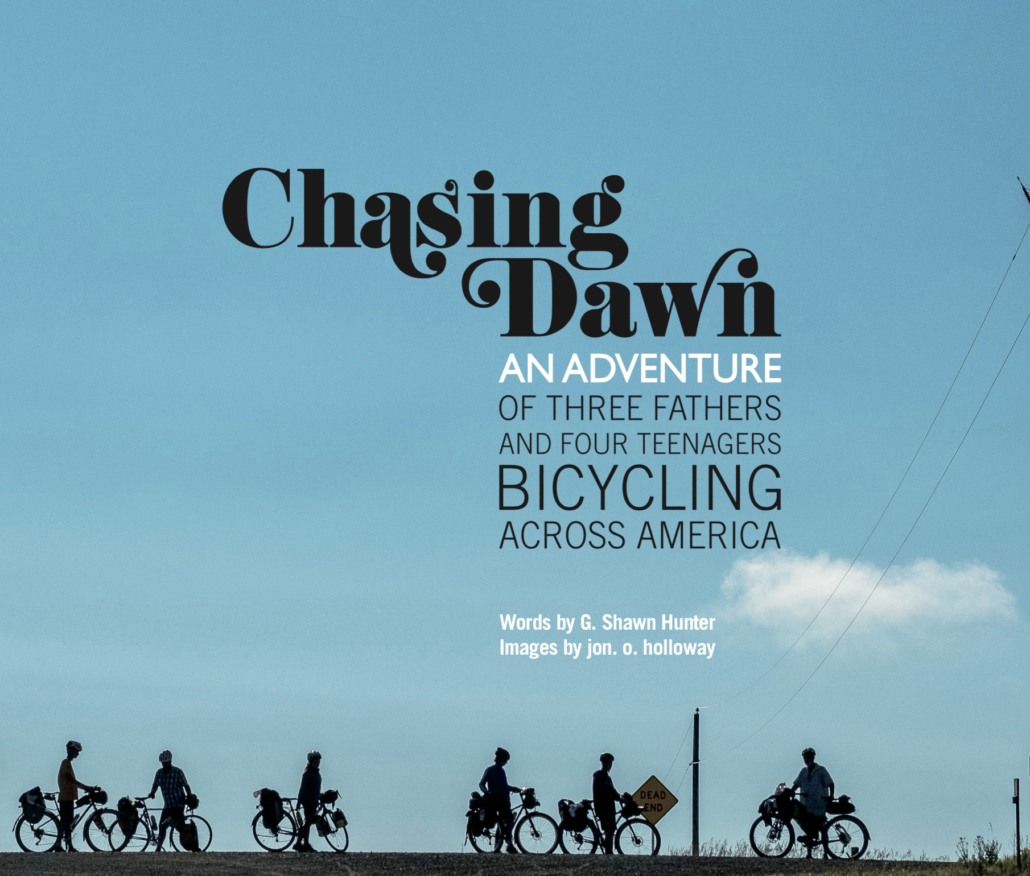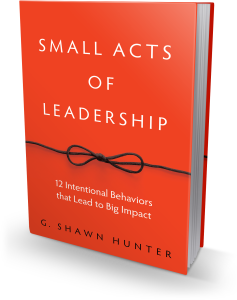You Can’t Build a Reputation On What You’re Going to Do
A little northeast of Flagstaff, Arizona is a desert of volcanic ash and rock from an eruption near the year 1065. It’s now called Cinder Lake. It’s a desolate, barren landscape with porous, ashen soil, pockmarked with divots and potholes.
In July of 1967, NASA engineers “improved” the landscape by blasting over a hundred craters in the middle of Cinder Lake to make it more accurately look like the moon. It was here for a couple years thereafter that NASA conducted a series of lunar training trials with Buzz Aldrin, Neil Armstrong and other astronauts and engineers. They brought in their space suits, vehicles, and crazy-looking apparatus to conduct experiments and stress tests on the lunar buggys.
One day they encountered a Navajo elder who inquired what they were doing. The astronauts explained that they were practicing and training for a trip to the moon. The Native American man was astonished at what he heard, and then fell silent, quietly contemplating what the astronauts told him. After a few moments he spoke.
“The people of my tribe believe that there are holy and sacred spirits that live on the moon. Would you please pass a message to them?” And then he uttered a few sentences in his native language, carefully repeating each line until the astronauts memorized and repeated it back accurately.
“But what does it mean?” the astronauts asked.
“That I cannot tell you. It is a sacred message for only my people and the moon spirits to know.”
When they returned to the training facility they found a Navajo translator who listened to their secret message, and then laughed and laughed. He said, “It means, ‘Don’t believe a word these people tell you. They have come to steal your lands.'”
We would all like a reputation for generosity and we’d all like to buy it cheap.
– Mignon Mclaughlin
It’s a cute story. It’s not true, but illustrates the point that your reputation precedes you. Like it or not, people talk. And your actions say much more about who you are than any marketing brochure you write about yourself. Which is why one of the most important things you can do to generate good will among those you have worked with, and high expectations for those who are interested, is to actively live your values.
It’s hard to live up to our own expectations. We know that mobile devices detract from the quality of our conversations, but we look at them anyway. We know that waiting to talk isn’t the same as listening, and yet it’s hard to quiet our inner dialogue. We know that self-compassion is important, and yet we beat ourselves up over the silliest things.
Eric Kandel, a neuroscientist at Columbia University who received a Nobel Prize for his work on memory, was once pressed to say how much of the mind works unconsciously. He guessed between 80 to 90%. The broader point is that real change is difficult since much of our thought process is unconscious.
You can’t build a reputation on what you’re going to do.
– Henry Ford
Pick one thing. About ten years ago I was so consumed with my work I would prattle on to anyone who would listen about what projects we were working on, what fabulous things we were trying to accomplish, what we were excited about. Some people were interested, but many weren’t. Many people would just tune out. So I started asking questions instead. It made a big difference in the quality of my relationships when I led with questions instead of statements – particularly more powerful kinds of questions.
Reinforce the change. Whatever small change we choose to act on, when we see it elsewhere in the world, reinforce it. In my own example, I wanted to lead conversations with questions instead of statements. Now, when I see other people around me begin conversations with questions (for example; “How are your kids?” or “You just went to Detroit. What did you learn about the city?”). I point out their considerate questions and say “Thank you for asking.” Or even better, “That was a thoughtful question.”
Build your reputation one small act at a time.
Building cultures of leadership, trust and innovation starts one small act at a time. Try our course Small Acts of Leadership to move the needle a little in your workplace.
- ____________________________________________________

Last summer, my son and I bicycled across America with two other dads and their teenagers. We published a new book about it called Chasing Dawn. I co-authored the book with my cycling companion, the artist, photographer, and wonderful human jon holloway. Grab a copy. I’ll sign it and send it to your doorstep.


 Shawn Hunter is President and Founder of
Shawn Hunter is President and Founder of